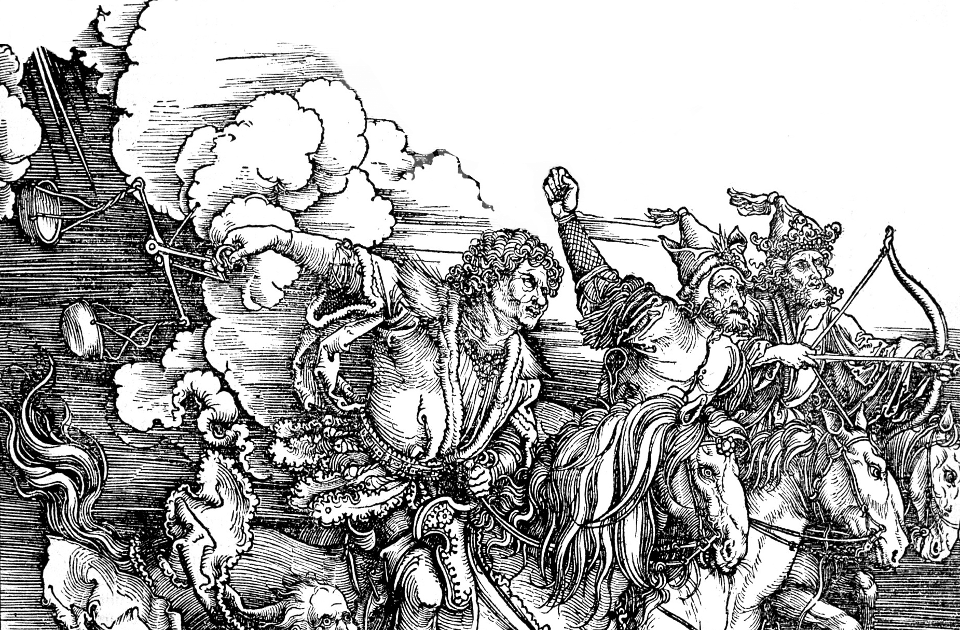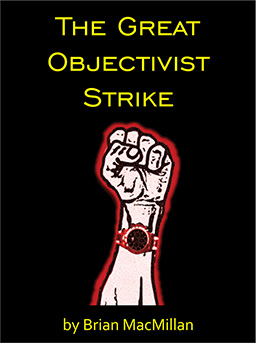Ukrainian psy-ops today launched the so called False Vladimir campaign. Taking a page out of the Time of Troubles, when a 17th century coalition of western Slavs1 The Polish-Lithuanian Commonwealth (which included most of Ukraine and all of Belarus) was the most loosely organized polity of all time, so one cannot say it acted in concert. Rather various factions put forth pretenders including no less than three false Dmitri successfully placed a pretender – the First False Dmitri – on the Russian throne, the False Vladimir campaign seeks to undermine Russian power by spreading misinformation about Russian dictator Vladimir Putin.
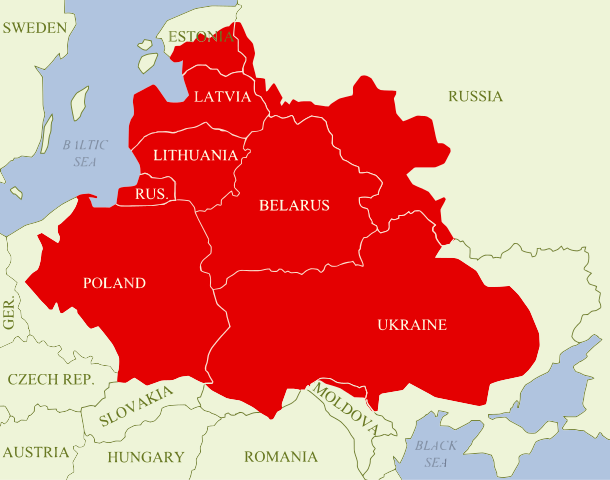
While the original “False Dmitri” campaign focused on the succession crisis that followed Ivan the Terrible’s (Грозный) death, the modern False Vladimir campaign has a slightly different angle.
AR Press scooped an interview with Ukrainian Psy-ops expert Nikolai Gogol. The following is a lightly edited transcript.
AR: So why falsify anything?
Gogol: Reality has never been that important to the Russian state, whether we’re talking about “workers pretending to work and the government pretending to pay” in the Soviet era or the fake villages Potemkin built to trick Empress Catherine into thinking she wasn’t a tyrant. This tenuous grasp on reality is a strength if your goal is propaganda. But it is also a great weakness.
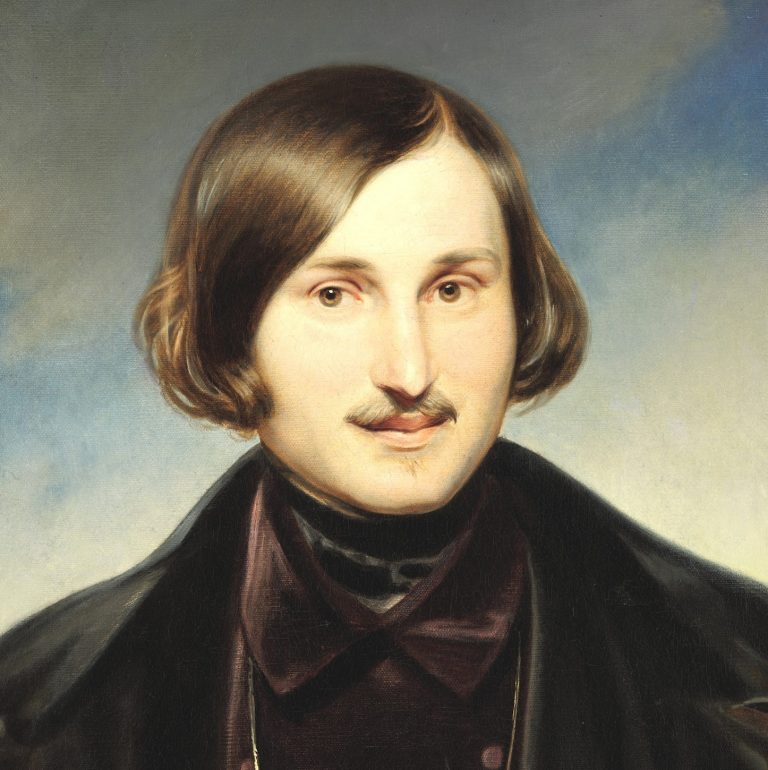
AR: How so? Isn’t ignorance Putin’s main mechanism of control?
Gogol: Ah. This is where things get both absurd and existential. The problem is that reality is real, and sometimes that matters. In order to promote a false narrative, Putin has been too blunt. When you are trying to hit your enemies with missiles, falsified manifests don’t work . You need actual soldiers with actual ordnance and actual guidance systems.
AR: So how does the false Vladimir campaign work?
Gogol: Our goal is for people to post fake images of Vladimir Putin doing crazy things. When Russians see these False Vladimirs they won’t know what to make of them. Are they real? Are they official propaganda they should pretend to believe? No one will know and everyone will be too afraid to ask. Given Russia’s hierarchical command structure, it could cause a lot of problems.
Ar: So the plan is to make Russia more f*d up?
Gogol: Yes.
Ar: Is that possible?
Gogol: You’d be surprised. Reality isn’t just absurd, its harsh, unforgiving and relentless.
AR: Is there anything you should keep in mind if you want to contribute a False Vladimir to this campaign?
Gogol: In order for these False Vladimirs to seem authentic, they must be as absurd and self-contradictory as possible. That will make it easier for Russians viewers to accept them. If your False Vladimir makes sense, your audience will be suspicious. Official Russian pronouncements never make sense.
AR: Has the False-Vladimir campaign yielded any results yet?
Gogol: Absolutely! Surfing-False-Vladimir [pictured below] delayed the landing of Russian Marines in Odesa because it caused hundreds of Russians to purchase surf-vacations in the hope of meeting President Putin. So many showed up that the Russian marines didn’t know which Russians to kill!
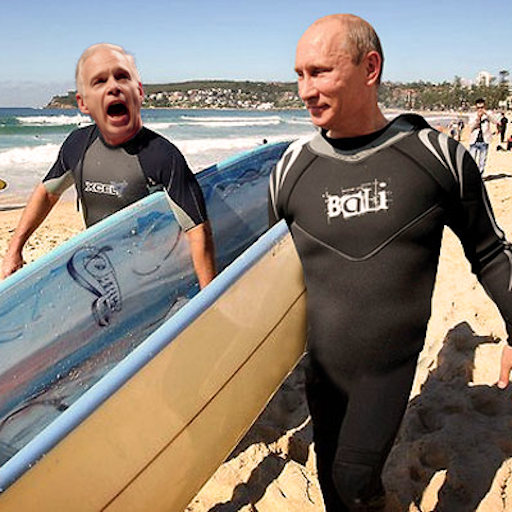
AR: What next?
Gogol: Ukrainians around the world are calling for all short, balding, men to step forward and pretend to be Vladimir Putin and take selfies. Give crazy orders. Berate people. Do silly, inappropriate things. And remember, in Russia people get long prison sentences for political pranks, so ensure your jokes don’t implicate actual people in Russia, and its client states Belarus and Chechnya.
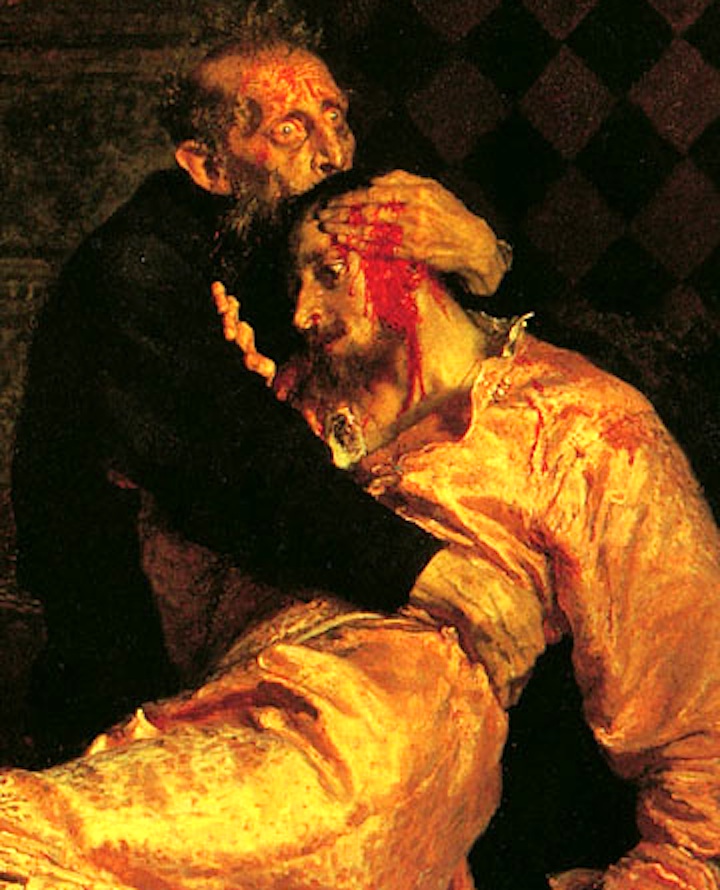
Map credit: Mathiasrex Maciej Szczepańczyk https://commons.wikimedia.org/w/index.php?curid=17381079
Disclaimer: Although this story is a joke, it is part of a serious attempt to promote what we at AR Press jokingly refer to as the Greater Ruthenian Co-Prosperity Sphere, a proposed alliance of the Baltic States, Poland, Belarus, Ukraine, Kuban and Georgia. The name is an jocular reference to the Japanese East Asian Empire during WWII, but is promoted with deadly seriousness. Imagine an eastern Europe where peace can be pursued independently of the German Constitutional Court and weak men like Scholz.

